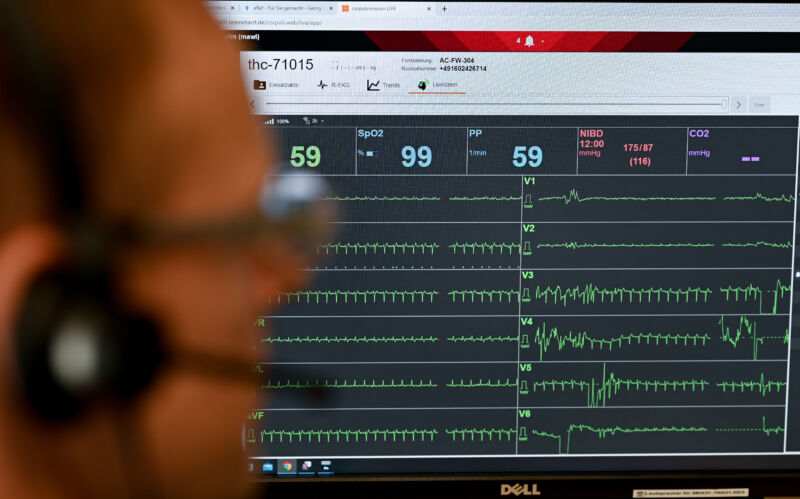A bout of COVID-19 is known to increase a person's long-term risks of having a major cardiovascular event, such as a heart attack or stroke. But being fully vaccinated or even partially vaccinated appears to bring that risk down, according to a study published this week in the Journal of the American College of Cardiology.
The study, led by researchers at Icahn School of Medicine at Mount Sinai in New York, drew on medical records from over 1.9 million patients who were infected with COVID-19 between March 2020 and February 2022. Of those 1.9 million patients, a "major adverse cardiac event," namely a heart attack, stroke, or another cardiac event, was identified in 13,948 patients, and 3,175 died following the event.
Overall, the researchers found that being vaccinated—fully or partially—was linked to fewer cardiac events in the six months following a case of COVID-19. After adjusting for demographics, comorbidities, and time since the pandemic began, the researchers found that being fully vaccinated reduced the risk of having a major cardiac event by about 41 percent, while being partially vaccinated reduced the risk by about 24 percent.
For those who had a major cardiac event, the median time of the event was 17 days after the start of a COVID-19 infection and 212 days (roughly seven months) since the last vaccine dose. Overall, the people most at risk of having a cardiac event after an infection, regardless of vaccination status, were male, older, and had other underlying health conditions. Previous cardiac events increased the risk the most, but diabetes, liver disease, obesity, and high cholesterol were also significant risk factors.
The study has some limitations. Namely, it couldn't account for reinfections or possible differences from infections with different SARS-CoV-2 variants. But, its findings back up results from previous reports, including a similar study done using a Korean medical database. It also adds some new data to the literature by including partially vaccinated patients—defined as those who had only received one dose of a two-dose mRNA vaccine series at the time of their infection or were within the 14-day window after a single J&J shot.
In a statement, the study's first author, Joy Jiang, noted that the researchers were surprised that even partial vaccination lowered the risk of major cardiac events. "Given the magnitude of SARS-CoV-2 infection worldwide, we hope our findings could help improve vaccination rates, especially in individuals with coexisting conditions," she added.



3175x175(CURRENT).thumb.jpg.b05acc060982b36f5891ba728e6d953c.jpg)

Recommended Comments
There are no comments to display.
Join the conversation
You can post now and register later. If you have an account, sign in now to post with your account.
Note: Your post will require moderator approval before it will be visible.